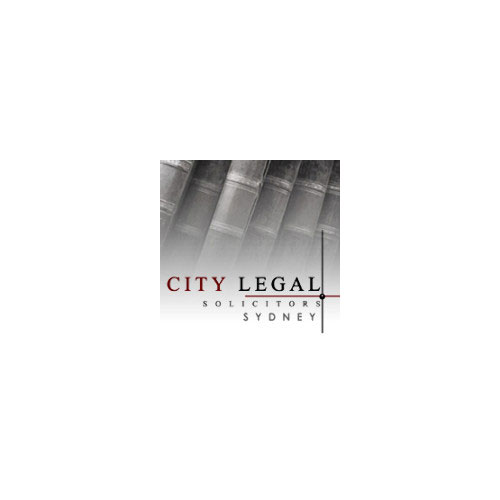Assaults are criminal actions that no one wants to experience. However you can never account for the actions of others and sometimes an assault can not be avoided.
Assaults can take the form of more than just physical injury, emotional abuse and psychological intimidation are also forms assault. If you have are the victim of an assault, you can seek compensation for the damages incurred. Usually there will be state or insurance provided compensation for the victims of assault, however if the claim is substantial, you may need to claim directly from the perpetrators assets. In claims against another's assets, you will have to take the claim to court and instigate the necessary legal action. Because of the criminality of assaults, your claim will involve a criminal proceedings.
In light of this, you must always consult a legal expert and open an official police charge against the person who assaulted you.
What constitutes an assault?
Assaults are classified as any unlawful action toward another person, be it physical violence or sexual abuse, assaults can take on many forms. The most commonly claimed against assault is that of physical bodily harm and more serious cases of grievous bodily harm. Whether the assault was the result of a bar brawl or an incident of road rage, any harm that befalls you as the result of another, is an assault. If a person threatens you with physical assault or intimidates you, you can launch a claim against the person if you can prove that you suffered harm from the threat. If someone threatens you with a weapon, the action is constituted an assault. Similarly any form of contact that is not consensual is classed as an assault. Molestation and rape are assaults and must be charged as one, however they usually hold their own class of crime.
What to do
If you have been assaulted you must immediately open a case at the nearest police station. If the injuries are serious enough to warrant hospitalisation, the hospital with notify the police who will then take a statement from you at the hospital. You must always ensure you make note of the injuries incurred and if possible take photographic evidence. Your medical records will reflect the seriousness of the injury as well as the cost for the treatment, which will then determine the compensatory sum. Once you have laid a charge against the person, the police will then investigate the claim and prosecute the person. If the person is found to be guilty, then you can proceed with the compensation claim. Usually the claim for compensation is heard in a separate court, however the Judge may elect to combine the cases and rule in both matters.
Whichever way the case proceeds, you will need the direction and guidance of a lawyer. You must always seek legal advice before laying a charge of assault as there may be mitigating factors. It is always best to act immediately and if you are unsure of anything, have your lawyer meet you at the police station.
When you launch your case, you will need to provide all the relevant details and evidence for the case. Any photographic or printed evidence should be handed over to your lawyer, as well as the receipts for the medical bills. If your claim involves a claim against loss of earnings, you will need to prove that the assault has rendered you unable to work and earn. You can also claim on the behalf of someone else, if you can show that their injury has negatively affected your life and earnings. Further, you are entitled to claim money for the medical expenses required for your loved-one's injury. You may also claim your legal expenses from the accused, and these expenses will usually be factored into your proposed compensatory sum.
When the Judge rules on you case, she will determine to what extent your injury has affected your life, as well as whether the injury was the direct cause of another's criminal assault. Although a criminal case may have already found the accused guilty of the action, the Judge will still need to determine whether the assault warranted the expenses you are claiming.
Although it is always wise to first consult with your legal adviser before launching any claim for compensation, in cases of assault, the victim is entitled to and not impeded by anything to make a claim. The infrastructure exists in Australia to ensure that citizens are protected and sustained, any form assault is criminal conduct and should be pursued as such.
Some things to remember
Assaults are serious violations of common law and should always be reported. Some cases of assault are clear cut, while other require thorough investigation, always consult with the appropriate legal and medical professionals. Your injuries need to be attended to by a medical professional as well as recorded in a timely fashion. To maximise your chances of success, you should always seek more than one medical opinion, strengthening your case with exhaustive investigation and evidence. You should also always keep as detailed records as possible, note when the assault took place and under what circumstances.
Capturing photographic evidence is one way of ensuring your case is water-tight.
When applying for compensation beyond what is granted by the insurance company, or if applicable, the State, maintain a reasonable approach. The reason the insurance laws are in place is to deter the need for civil action for compensatory claims, and so when seeking further compensation, take precaution before launching your case. Your compensation is always in proportion to your injuries and so if you cannot prove the seriousness of your injuries, or try and claim exorbitant sums for minor injuries, your claim may be unsuccessful. Always maintain a good relationship with your lawyer and doctor and trust their guidance. Keep your family or friends close as the claiming process can be traumatic and stressful and you want to minimize any further emotional or psychological injury.





